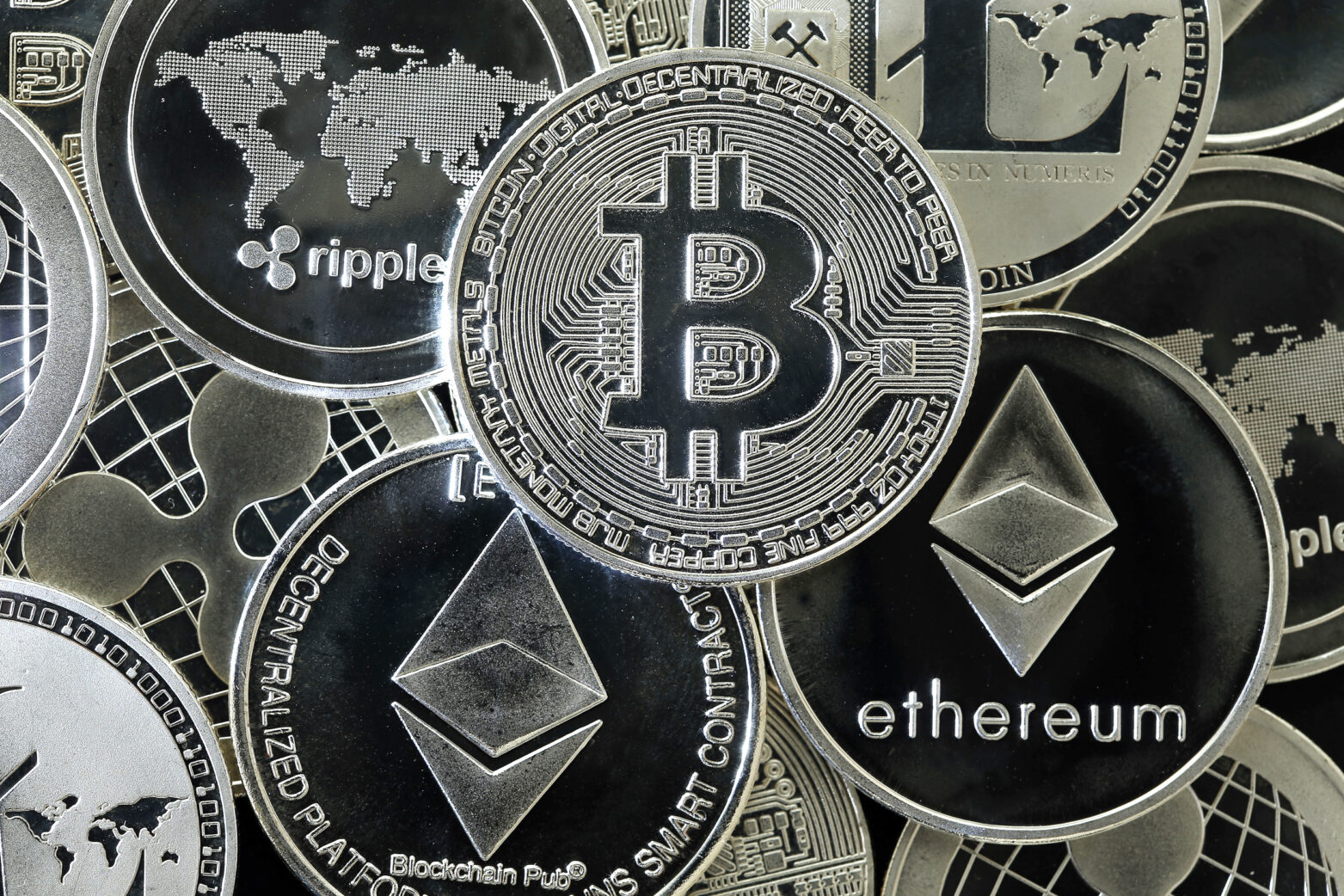From the past 12 years to nowadays, Asia is a digital currency and blockchain fireball, with South Korea acting as one of crypto’s powerhouses. This circumstance can be understood from different efforts about NFTs, cryptocurrencies, and blockchain technology in this region.
While virtual currencies offer great benefits and excitement, South Korea is also conscious of the fact that they can be used for criminals. To detect the transfer of dirty money or other assets from some criminal circumstances, the Ministry of Justice in South Korea is working on applying a Virtual Currency Tracking System.
After the Terra(LUNA) incident, the government of South Korea extended its control and supervision over cryptocurrencies due to the increasing number of users.
According to Khgames, a local media outlet, the virtual currency monitoring system will be employed to track transaction history, retrieve transaction data, and validate the source of funds prior to and during transmission. The government will also use the system to recover funds linked to criminal activities.
The tracking system will be launched in the first half of 2023, according to the Ministry of Justice which also declared the second tracking system to be followed up in the second half of this year.
In addition to this tracking system, the Ministry of Justice aims to build National Digital Forensic Cloud System during the first half of this year. The forensic cloud system will be modeled after the digital forensic system (D-Net) so that it may be used by other agencies as well.

Crypto Circumstance In South Korea
More than 2 million South Koreans currently possess at least one form of cryptocurrency, which amounts to around 4% of the entire population. In fact, the Korean market has a slice as big as 30% of global cryptocurrency trading. It is now lawful to own, trade, and acquire cryptocurrencies in the nation since the government has not yet declared crypto assets to be legal currency. However, the government’s data suggests that a third of illegal foreign exchange transactions in the country are traded through Bitcoin or other cryptocurrencies. In an attempt to create a safe trading environment, The South Korean police once partnered with five local crypto exchanges to assist with investigations.
South Korean Supreme Court also ruled against crypto exchange Bithumb and forced it to pay damages to its 132 investors due to a 1.5-hour service outage on November 12, 2017. The ruling ordered damages ranging from as little as $6 to around $6,400 to be paid to the investors.
 Sam Y.
Sam Y.












